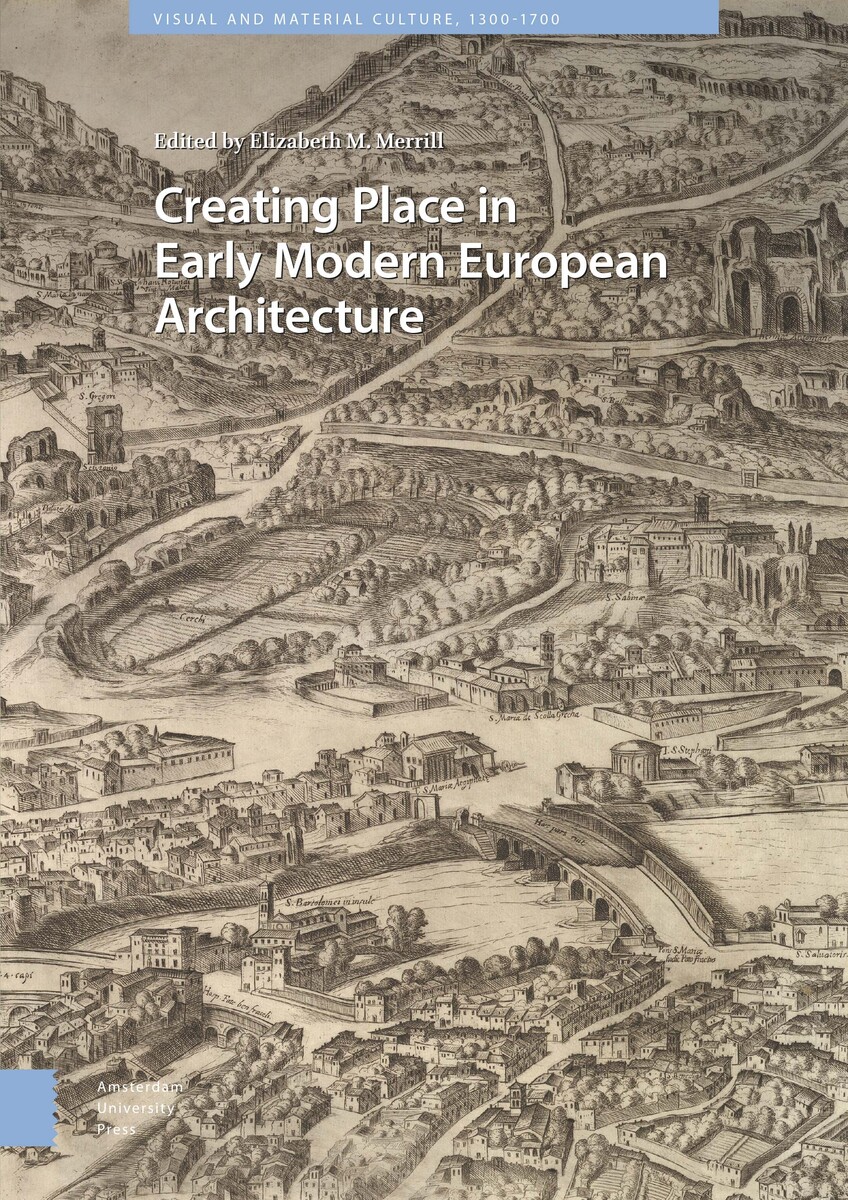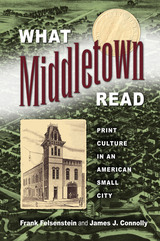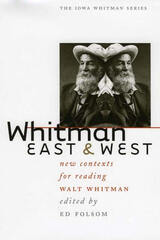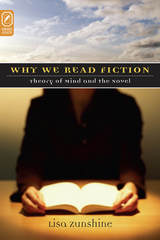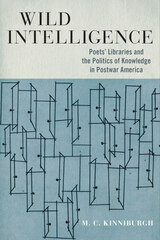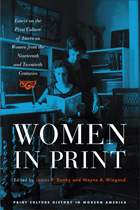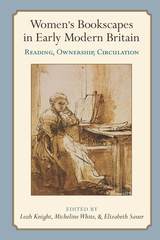Creating Place in Early Modern European Architecture
Amsterdam University Press, 2022
eISBN: 978-90-485-5081-4
See other books on: 16th Century | Architecture | Creating Place | Modern | Renaissance
See other titles from Amsterdam University Press
eISBN: 978-90-485-5081-4
ABOUT THIS BOOK | AUTHOR BIOGRAPHY | TOC
ABOUT THIS BOOK
The importance of place—as a unique spatial identity—has been recognized since antiquity. Ancient references to the ‘genius loci’, or spirit of place, evoked not only the location of a distinct atmosphere or environment, but also the protection of this location, and implicitly, its making and construction. This volume examines the concept of place as it relates to architectural production and building knowledge in early modern Europe (1400-1800). The places explored in the book’s ten essays take various forms, from an individual dwelling to a cohesive urban development to an extensive political territory. Within the scope of each study, the authors draw on primary source documents and original research to demonstrate the distinctive features of a given architectural place, and how these are related to a geographic location, social circumstances, and the contributions of individual practitioners. The essays underscore the distinct techniques, practices and organizational structures by which physical places were made in the early modern period.
See other books on: 16th Century | Architecture | Creating Place | Modern | Renaissance
See other titles from Amsterdam University Press
